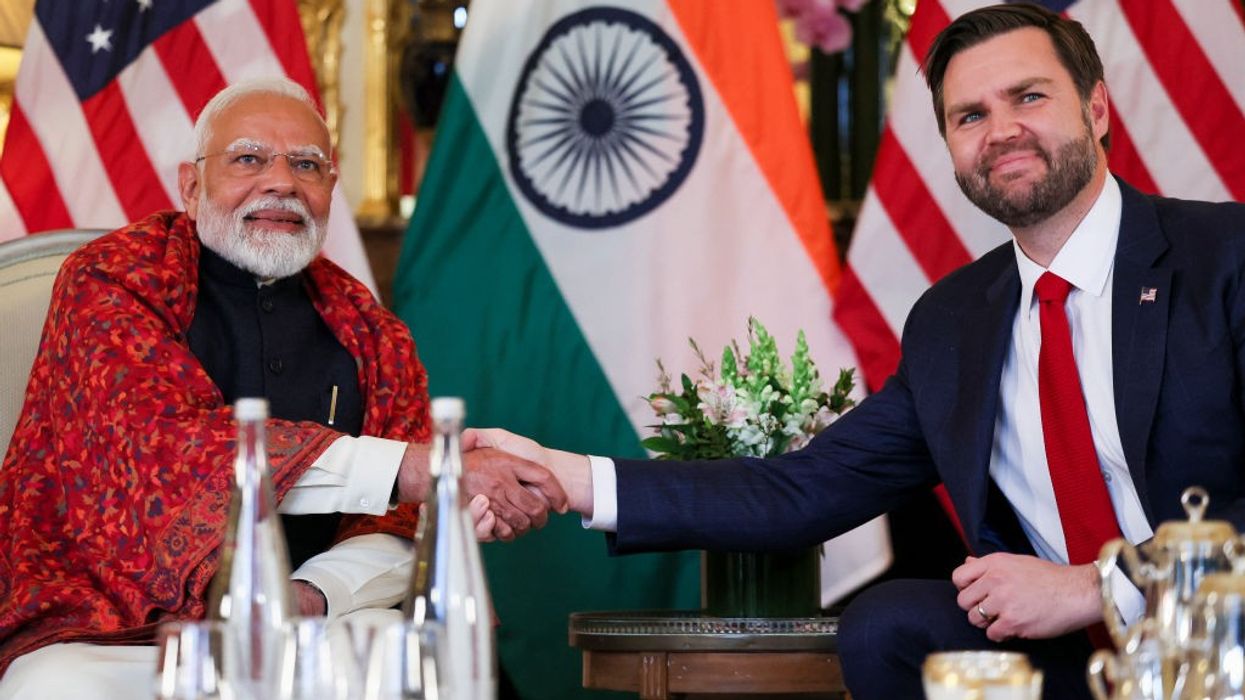US vice president JD Vance will begin a four-day official visit to India on Monday (21), as part of efforts to strengthen economic, trade and strategic ties between the two countries. He will be accompanied by his wife Usha Vance, their three children, and top US officials.
The visit comes at a critical time, as the US and India aim to finalise a long-awaited bilateral trade agreement. Both sides are also looking to boost cooperation in defence, technology, and regional security amid ongoing tensions with China.
Vance will land in New Delhi at 10am. and is scheduled to meet prime minister Narendra Modi at his official residence. Key topics for discussion include economic cooperation, reciprocal tariffs imposed by president Donald Trump, and progress on a bilateral trade deal.
Modi is expected to push for softer US trade barriers, while Vance may raise concerns over market access for American agricultural and dairy products. A formal dinner hosted by Modi will follow the meeting.
The US is India’s largest trading partner, with trade valued at nearly $190 billion. The two countries now aim to more than double that to $500 billion by 2030.
India is a key US ally in the Indo-Pacific and a member of the Quad alliance, alongside Japan and Australia. Vance’s visit reflects Washington’s desire to deepen ties with New Delhi as it counters China’s growing influence in the region.
The Trump administration has already paused some tariffs on Indian goods, and Modi has signalled readiness to reduce more tariffs in exchange for enhanced cooperation. India has also agreed to purchase more US oil, energy products, and military equipment.
This is Vance’s first visit to India, which holds special significance for his family. His wife, Usha Vance, is an Indian American and a practising Hindu. Her parents immigrated from South India to the US in the 1970s.
The Vance family will also visit key cultural sites in India. On Tuesday (22), they will travel to Jaipur and tour landmarks such as the historic Amer Fort. Later, they are scheduled to see the Taj Mahal and the Shilpgram crafts village in Agra before returning to Jaipur.
The vice president will address a gathering of diplomats and scholars at the Rajasthan International Centre, where he is expected to speak on US-India ties under the Trump administration.
Vance and his family will depart from India on Thursday (24), according to officials.
(with inputs from agencies)





